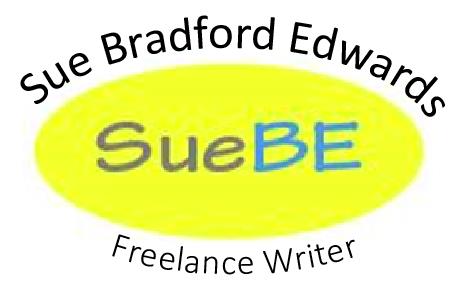The other day, I cam across the 10 Commandments of Detective fiction by Ronald Knox. He was a mystery writer who belonged to the Detection Club, a society that included Agatha Christie and Dorothy Sayers. Admittedly, I haven’t read Knox’s books but I found his commandments intriguing. I’m not going to include all of them in their entirety – Knox had a LOT to say. But I will include all of one or two. You’ll see why. My comments are in italics.
I. The criminal must be someone mentioned in the early part of the story, but must not be anyone whose thoughts the reader has been allowed to follow. . .
Contemporary authors have found a work-around to the second part with the unreliable narrator. But, Knox has a point. It is hard to do well. And really? This still avoids the “criminal plopped into the story in the final moments” problem.
II. All supernatural or preternatural agencies are ruled out as a matter of course. To solve a detective problem by such means would be like winning a race on the river by the use of a concealed motor – engine. And here I venture to think there is a limitation about Mr. Chesterton’s Father Brown stories. He nearly always tries to put us off the scent by suggesting that the crime must have been done by magic. . .
Scooby Doo endings reveal that the ghost was really Farmer Brown.
III. Not more than one secret room or passage is allowable. I would add that a secret passage should not be brought in at all unless the action takes place in the kind of house where such devices might be expected. . .
Maybe this was more of a temptation for Knox and his friends. Me? I can’t admit that I’ve been noodling over where to place the secret door in my character’s 1960s suburban home.
IV. No hitherto undiscovered poisons may be used, nor any appliance which will need a long scientific explanation at the end…
V. No Chinaman must figure in the story. Why this should be so I do not know, unless we can find a reason for it in our western habit of assuming that the Celestial is over – equipped in the matter of brains, and under – equipped in the matter of morals…
I lied. I cut a small part of this one as well but I did leave it almost entirely intact. Why? Because most people quote only the first sentence and wonder afterwards about Knox’s racism. Um, no. He’s saying avoid racist stereotypes. Do the work to create a solid character. Don’t take racist short cuts.
VI. No accident must ever help the detective, nor must he ever have an unaccountable intuition which proves to be right. That is perhaps too strongly stated; it is legitimate for the detective to have inspirations which he afterwards verifies, before he acts on them, by genuine investigation. And again, he will naturally have moments of clear vision…
I ended up feeling like this was a problem in the first draft of my mystery. My character seemed to blunder into clues and then off she’s go and blunder into another. “Why this seems to be the direction I should go…”
VII. The detective must not himself commit the crime…
I would say that if the ‘detective’ does commit the crime, it isn’t a cozy mystery.
VIII. The detective must not light on any clues are not instantly produced for the inspection of the reader… The skill of the detective author consists in being able to produce his clues and flourish them defiantly in our faces: ‘There!’ he says, ‘what do you make of that?’ and we make nothing.
And this would be another area in which I must improve! Hmm. Why am I sounding as if I’ve ingested a dictionary. I seem to be emulating Mr. Knox.
IX. The stupid friend of the detective, the Watson, must not conceal any thoughts which pass through his mind; his intelligence must be slightly, but very slightly, below that of the average reader…
I’m going to disagree with Knox on this one. I loathe when Watson comes off as someone only slightly more intelligent than wall paper. Loathe.
X. Twin brothers, and doubles generally, must not appear unless we have been duly prepared for them…
Again, this one feels like ‘do your work and avoid lazy writing!
Sue again, sans italics. I’m not saying that every mystery has to abide by every one of these rules. But a mystery is a tricky balancing act. Short cuts are going to make it come across like a cheap parlor trick and really? What editor or agent wants to sign on something like that? Do your legwork. Create well-rounded believable character who realize when they see clues that just don’t immediately seem important to your readers.
Boy oh boy do I have a lot of work to do.
–SueBE

